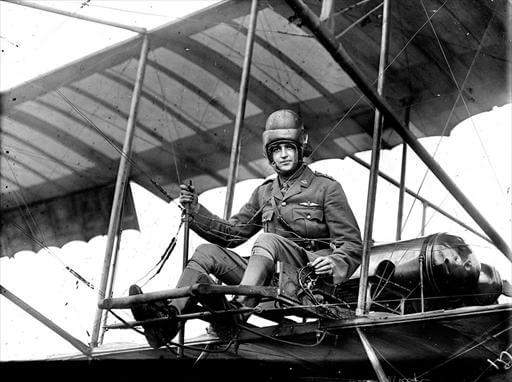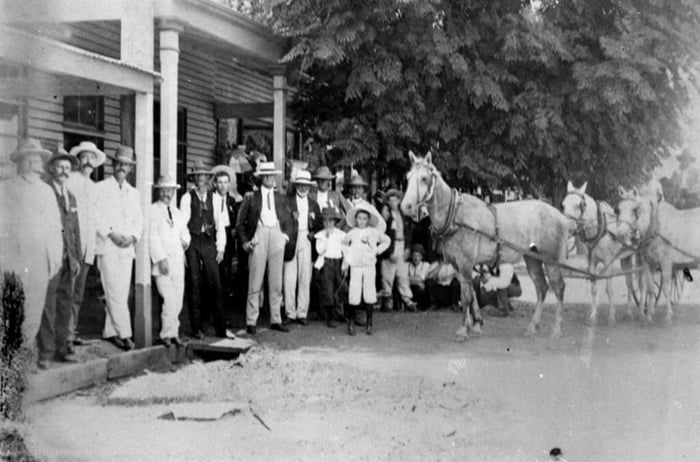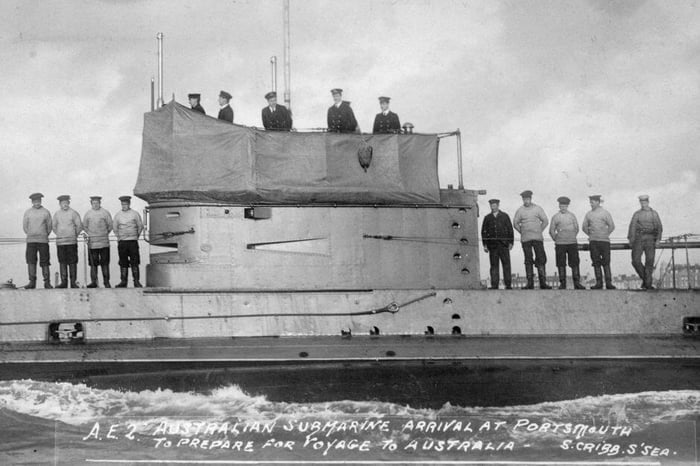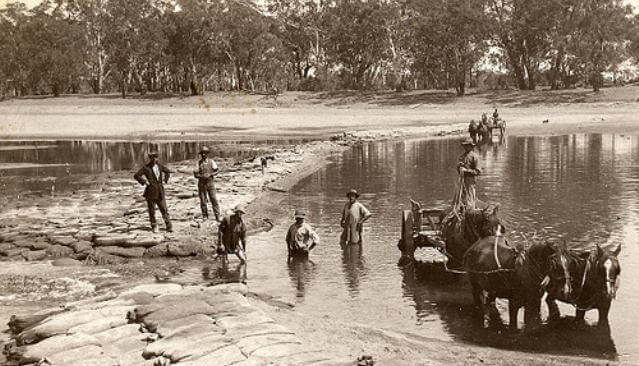
Army's First Flight - Diary Entry 2
News of the Day,
January - March 1914
Army’s First Flight
Image: Australian Army pilot Henry Ralfe at the controls of the original Point Cook Boxkite - Follow a Digger through WWI with this historically engaging Great War Diary which recreates the life of a typical Australian soldier in the trenches. Available for purchase here.
As always I have noted those events and happenings I feel are of value in conversation:
In my earlier news I made mention of the establishment of the Flying School at Point Cook south of Melbourne. Only weeks ago on March 1, they made their first flight. Accounts in the newspapers said the Airman, Lt. Eric Harrison, had to contend with 30 miles per hour winds as his Bristol Boxkite “bucked like an unbroken horse”. It surely would have been a splendid sight.
Your old friend Hendy at C Company, who by way of interest is now Lt. Hendy, has an acquaintance at the Flying Corps who says the success of the flight was offset just hours later when Lt. Harrison’s English counterpart, Lt. Petre, snared his Deperdussin in telephone wires and crashed to the ground. It is interesting that Lt. Petre was himself brought from England three years ago especially to establish the Flying School, and he alone selected Point Cook as the base rather than the site near the College at Duntroon. It could be imagined he should be fully aware of the lines in the vicinity. Nonetheless, Hendy said the school’s mechanics were soon working on the craft and Lt. Petre was none the worse for his ordeal. Hendy said the school still has two B.E.2 biplanes, the Boxkite and another Deperdussin monoplane, and that the pilots enjoy using the Boxkite for training as it is by far the easiest to control.
As much as the notion of flight stirs one’s imagination, I, unlike many others, am not drawn to joining the Australian Flying Corps. Harrison’s flight was reported at 900ft which is not a height at which I would find comfort. Hendy on the other hand spoke in rapture of the prospect, believing flying machines would be, as he put it, “the future of Army”. No doubt they will provide a great vantage for observations but the flimsy frames seem too delicate to hold much offensive promise. I informed him of my journal and he asked I pass on his best wishes and insists you contact him upon your return.










